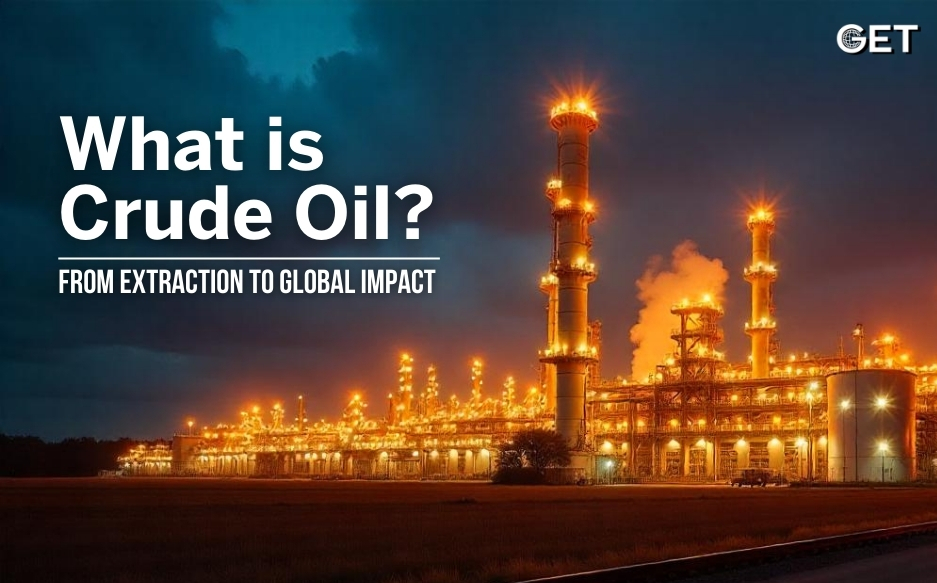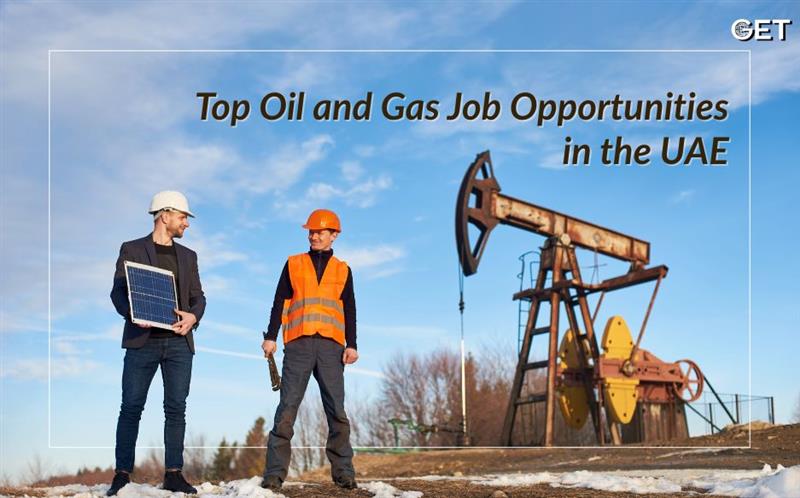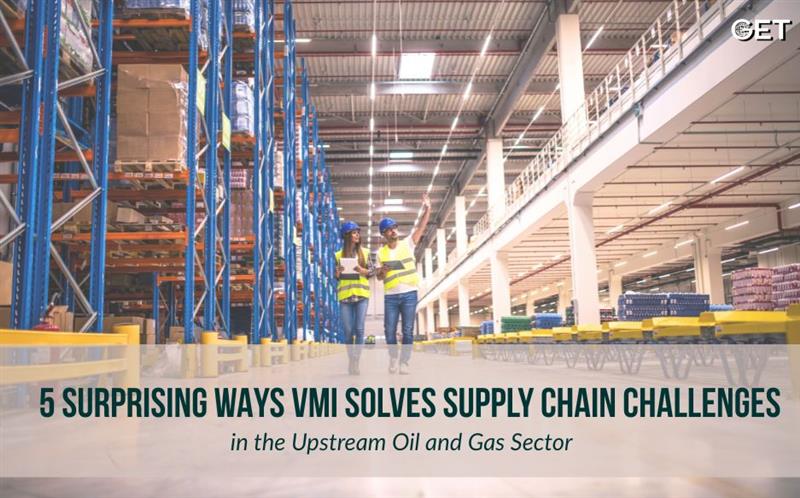
Have you ever wondered how the fuel for your car and the plastics for your hand sanitizer bottles came to be? Well, it starts deep within the earth’s surface with something called crude oil. This thick, dark liquid might not seem all that much at first glance, but trust us, it’s actually pretty important. Crude oil fuels industries, economies, and yes-your morning drive.
So, sit back while we run through this black gold of how it is formed, extracted, and how it truly plays out on the global stage.
Crude oil is a fossil fuel which is naturally found-and is formed from living marine organisms that perished from death millions of years ago. Heat and pressure gradually transformed the remains of those organisms into a thick, oily substance. Deep underground, one finds crude oil, and since it is unrefined, it has to undergo various processes to actually become something useful like petrol, diesel, jet fuel, or even plastic.
The journey of crude oil begins in the upstream oil and gas sector. ‘Upstream’ might sound technical, but it simply refers to the process of exploring for oil and drilling it from the ground.
Which is:
Exploration- Companies use satellite data and seismic surveys to pinpoint oil-rich areas.
Drilling- Worthy locations are drilled for, well, drilling!
Production- Once oil is successfully located, it is pumped to the surface and stored in tanks.
The drillers are risk-takers; they thrive on risks and money taken outside the basic infrastructure. But they are some of the most interesting characters around.
Once crude oil is out of the ground, it doesn’t go directly into your car. It is still filled with impurities and one cannot use this crude. It has to be sent to the refineries where it will be heated, separated into different products, and processed into fuels, lubricants, wax, and chemicals.
It’s like a makeover for crude oil.
Now let us go manual in a global way.
Crude oil does not only provide energy; it is an economic goal. Countries rich in oil reserves, such as Saudi Arabia, the USA, and Russia, have almost immeasurable political and economic clout. Changes in oil prices can influence just about everything from airline ticket prices to grocery bills. Seriously.
It also creates jobs, attracts investment, and increases GDPs worldwide through upstream oil and gas activities. But then there are the other side-environmental issues. Oil spills, emission concerns, debates about climate change-all make crude oil a hot topic (pun intended).
As renewables increase, the changes being asked are whether the days of crude oil have been counted. Maybe not just yet though. While the world shifts to cleaner sources, oil and gas will continue to play a big role in satisfying global energy demand for at least the next couple of decades.
Crude oil is more than just sticky black stuff under the earth. It is the heartbeat of the oil and gas world, an industry transformer, and a major player in global politics.
So when you head out for that very important gas fill-up or just hold a bottle of shampoo in your hand, remember: a little bit of ancient history has just come down to you courtesy of the upstream oil and gas industry.
Read Also- 5 Game Changing Facts Related to Oil and Gas Industry

By Get global | July 3, 2025

By Get global | July 1, 2025

By Get global | June 27, 2025

By Get global | June 25, 2025

By Get global | June 23, 2025
The oil and gas industry has been notorious for its poor relationship with legacy systems and manual processes; this is all set to change. Digital transformation is no longer the buzzword, it is the force that compels efficiency, safety, and sustainability operations. In the case of field operations: specifically, this […]